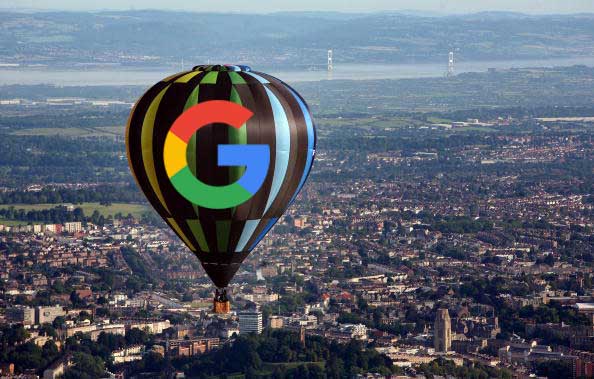-
Tips for becoming a good boxer - November 6, 2020
-
7 expert tips for making your hens night a memorable one - November 6, 2020
-
5 reasons to host your Christmas party on a cruise boat - November 6, 2020
-
What to do when you’re charged with a crime - November 6, 2020
-
Should you get one or multiple dogs? Here’s all you need to know - November 3, 2020
-
A Guide: How to Build Your Very Own Magic Mirror - February 14, 2019
-
Our Top Inspirational Baseball Stars - November 24, 2018
-
Five Tech Tools That Will Help You Turn Your Blog into a Business - November 24, 2018
-
How to Indulge on Vacation without Expanding Your Waist - November 9, 2018
-
5 Strategies for Businesses to Appeal to Today’s Increasingly Mobile-Crazed Customers - November 9, 2018
Google’s Project Loon to take up Indonesian skies
“Soon we hope many more millions of people in Indonesia will be able to use the full Internet to bring their culture and businesses online and explore the world even without leaving home”, Project Loon vice president Mike Cassidy said.
Advertisement
He added that it is a cheaper way to offer Internet service, especially in areas that have “jungles or where you have to reach islands”, such as Indonesia.
The Guardian has reported that presently only a few 29% of Indonesians have the web availability, and most of the connections are relatively slow. Three Indonesian telecom firms are partnering with Google to try to get the rest of the country online.
Brin said, “Occasionally getting out of communications range is healthy for all of us”.
Google has been testing its balloons for months and will do that for another year before introducing them commercially.
Although the project is still being funded primarily by money that Google makes from digital advertising, it recently became part of an independent lab called X that is run by Google’s new parent company, Alphabet Inc.
Earlier this year, the search giant made an agreement with Sri Lanka to deliver its balloons.
According to the company, only about one in three of the country’s 250 million residents has internet access, and setting up and maintaining mobile towers across the archipelago has proven to be challenging.
The technology could allow countries to avoid using expensive cable that would have to be installed under the ground so the population can access the Internet. One such is Internet.org, an initiative by Facebook which plans to pair with a fleet of autonomous and solar-powered internet planes it developed post-acquisition of Ascenta, drone maker company.
Google’s mission to expand their internet coverage to connect four billion people who still doesn’t have web connectivity, has unveiled their ambitious project involving the usage of helium balloons at a press conference held in California.
The company has previously tested the concept in New Zealand, the United States and Brazil, but the Indonesia test will prove to be the project’s biggest challenge.
Advertisement
The visit aimed to attract hundreds of millions of dollars in tech investments into his nation, Southeast Asia’s largest economy and the fourth-most-populous country in the world.




























